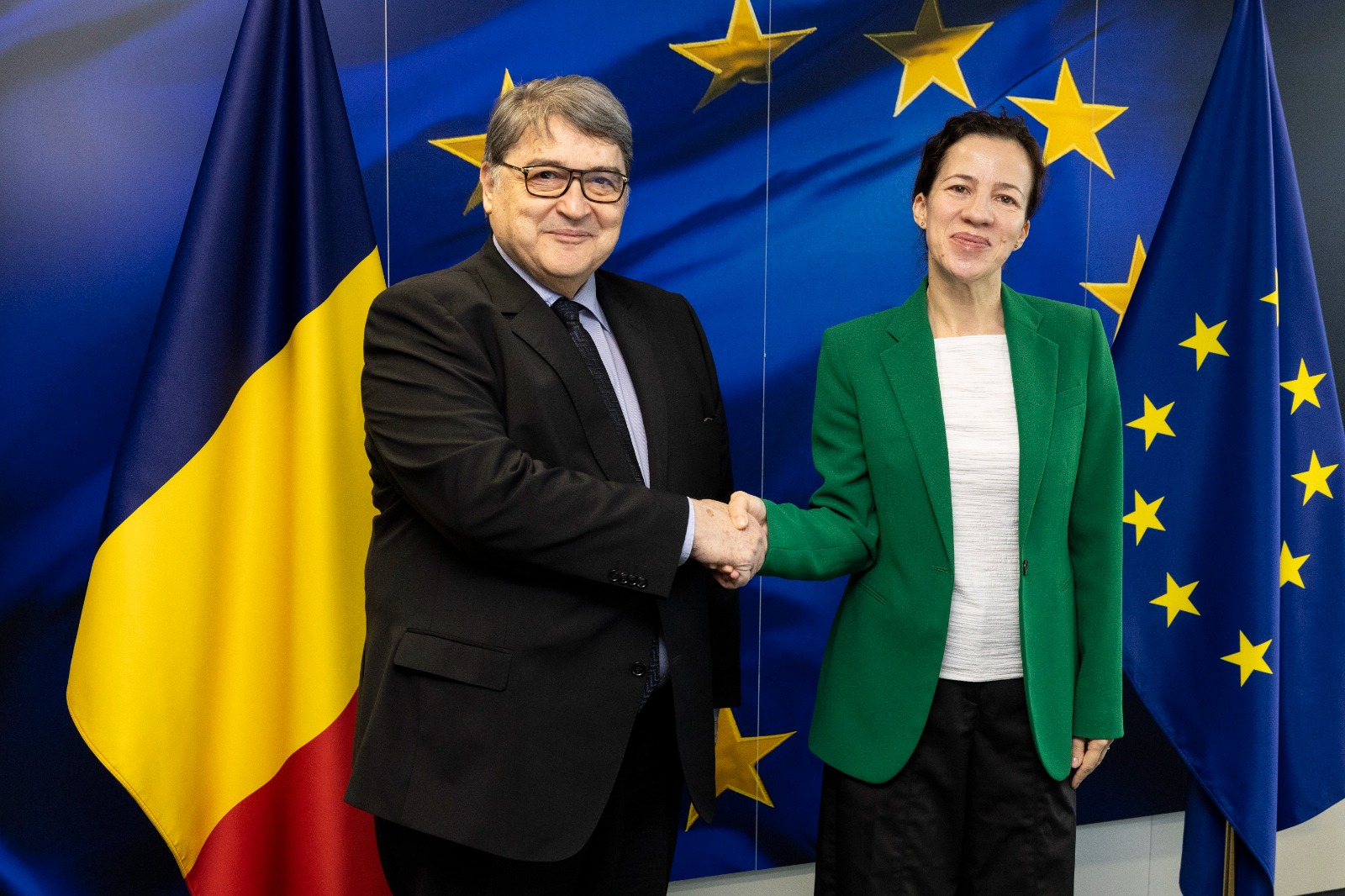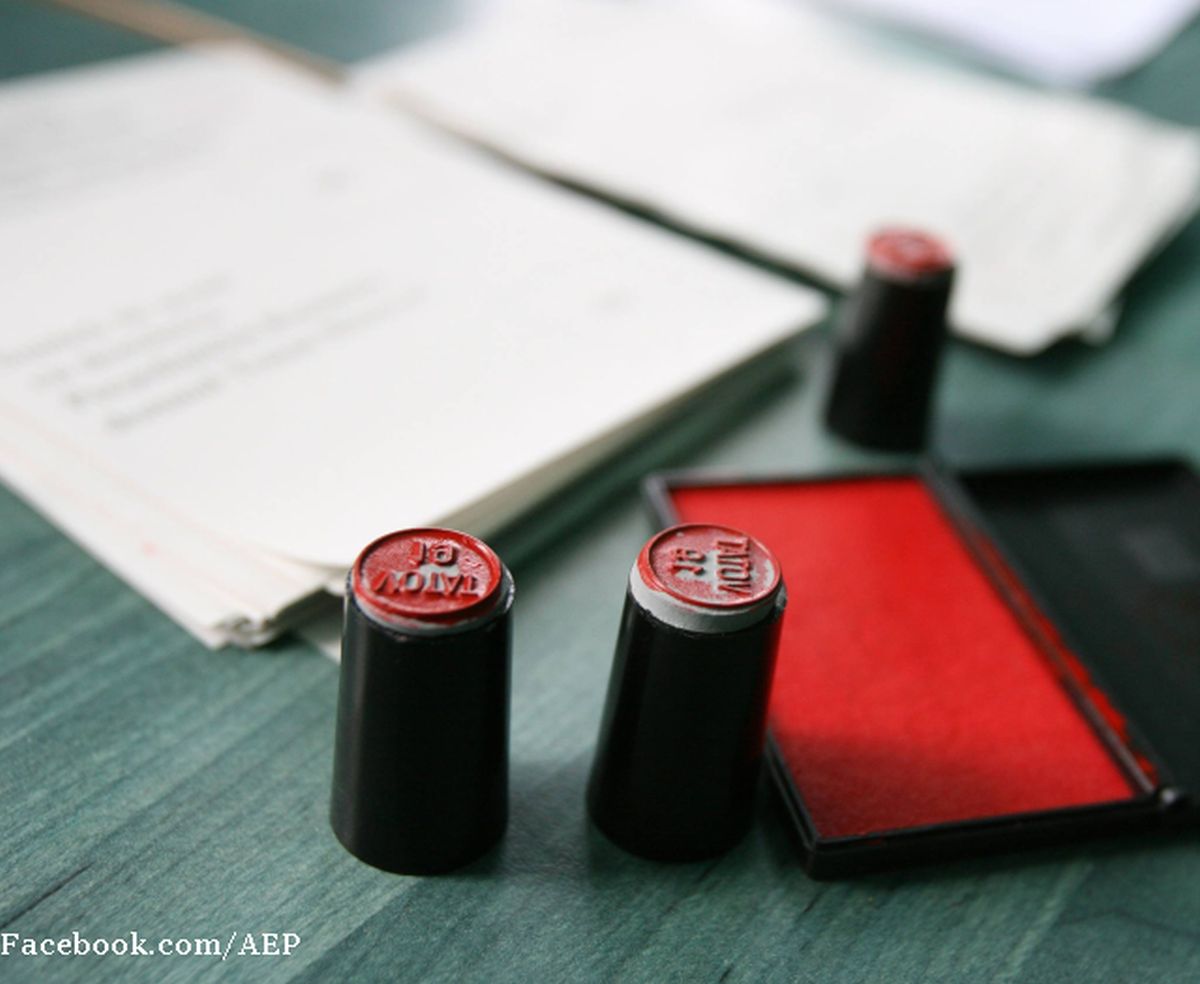New sanctions against Russia
Foreign ministers from EU countries have agreed to place further sanctions against Russia. Four Russian officials are targeted by the new sanctions, seen as responsible for the Kremlin critic Alexei Navalnys treatment and for the repression against his supporters, actions considered illegal by the European Court of Human Rights. The EUs recurrent appeals to Russia to respect human rights have remained unanswered, so the EU Foreign Affairs Council agreed on Monday use, for the first time, a new mechanism to facilitate punitive measures against human rights abuses. This mechanism enables member states to punish those considered responsible for human rights abuses through the freezing of assets and travel bans, without impacting the well being of the population.

Corina Cristea, 23.02.2021, 13:31
Foreign ministers from EU countries have agreed to place further sanctions against Russia. Four Russian officials are targeted by the new sanctions, seen as responsible for the Kremlin critic Alexei Navalnys treatment and for the repression against his supporters, actions considered illegal by the European Court of Human Rights. The EUs recurrent appeals to Russia to respect human rights have remained unanswered, so the EU Foreign Affairs Council agreed on Monday use, for the first time, a new mechanism to facilitate punitive measures against human rights abuses. This mechanism enables member states to punish those considered responsible for human rights abuses through the freezing of assets and travel bans, without impacting the well being of the population.
The EU High Representative for Foreign Affairs and Security Policies, Joseph Borrell, said after the meeting that all member states believe a way of living with a neighbor who chose to behave like an enemy must be established and that Russia is drifting towards an authoritarian state and away from Europe.
According to Joseph Borrell, the EU needs to work along three main lines when it comes to Russia: “To push back when Russia infringes international law and human rights; to contain when it seeks to increase its pressure on us, including through disinformation and cyber-attacks; and third, to engage when and on issues where we have an interest in doing so. To push back, to contain and to engage. “
Russia seems more interested in confrontation with the EU rather than in cooperation, says Romanian Foreign Minster Bogdan Aurescu, who, just before the foreign ministers meeting, called for unity in respect to Russia. Aurescu talked about Brussels new strategic approach to Moscow, in cooperation with the United States, the UK and NATO: “I believe the EU must increase its support for the Russian civil society and generally extend its contact with the Russian people. We discuss the relationship with Russia also through the perspective of the latest visit paid by the EU High Representative to Moscow. This visit has been a turning point for us. It is clear that we have to reevaluate our relationship with this country. Unfortunately, this visit showed us that Russia is not open to normal relations with the EU. On the contrary, we see an increasingly aggressive attitude. ”
In its turn, Russia says the EU is meddling in its affairs and that its attitude is unacceptable, illegal and absurd while the sanctions are illegitimate and taken under an invented pretext. (EE)






























